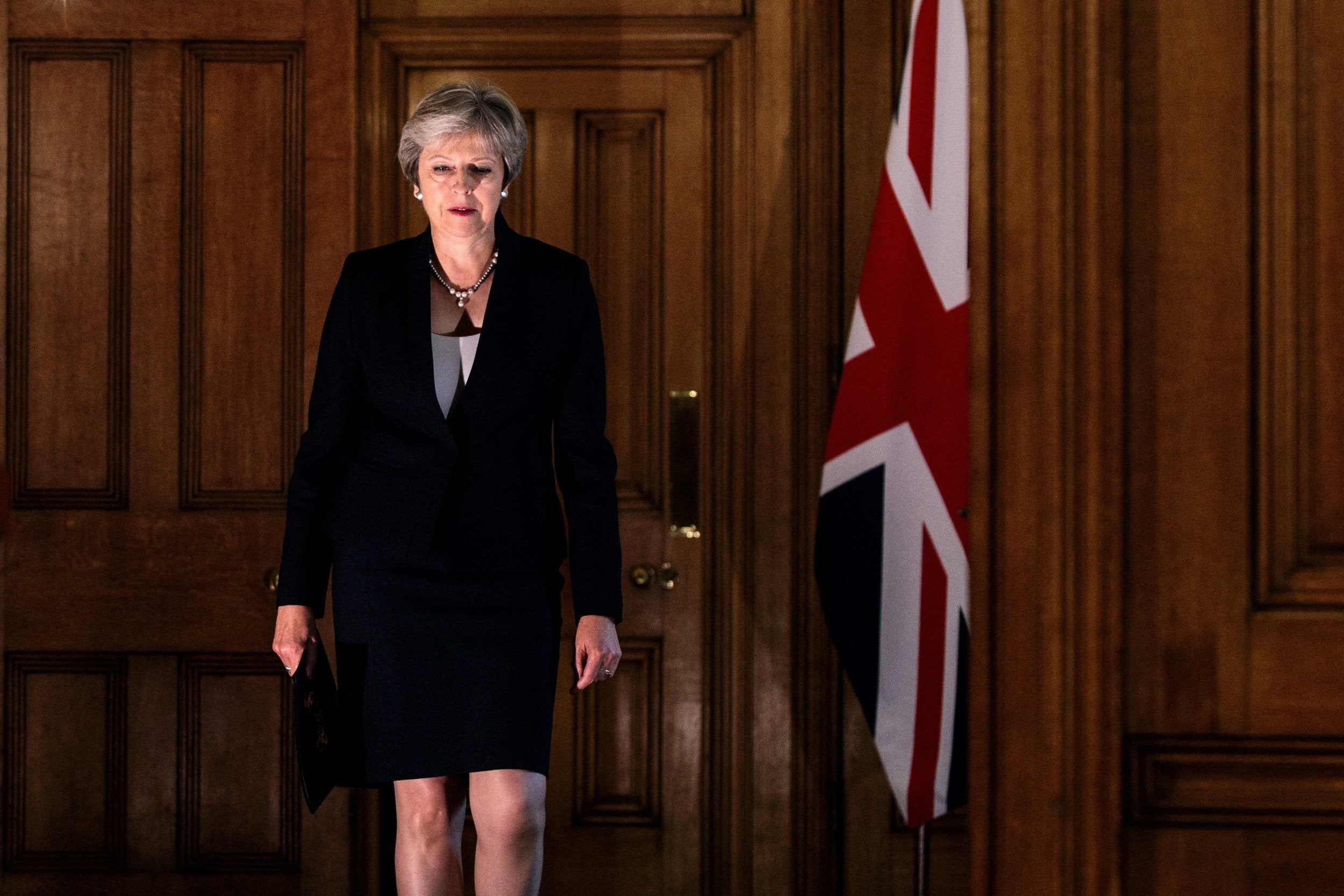Public spending cuts have gone too far – and the Conservatives know it
The British people want to see higher taxes to pay for health, education and social benefits: Theresa May and Philip Hammond need to respond

Even before she became prime minister, Theresa May struck a pose against “austerity”. A central plank of her campaign for the leadership of the Conservative Party, a post that fell into her lap without need of campaigning, was to abandon George Osborne’s ambition to generate a surplus in the public finances.
When she became prime minister and appointed Philip Hammond to take Mr Osborne’s place at the Treasury, that is what he duly did. The day when the UK government plans to raise more in taxes than it spends was postponed to the further shore of never.
But it was not enough simply to cancel plans for a further tightening of the fiscal screw. The squeeze on public spending has already gone too far, and it is time for some rebalancing. In one area, and one area only, Ms May has recognised this and said the right thing. Her promise to raise NHS spending by £20bn a year by 2023 was welcome and necessary, but even that is not enough to meet demand without further additional spending on social care for the elderly.
And the prime minister has done too little to recognise the huge pressures growing on other public services: housing, education and universal credit in particular. That is why the intervention of Andy Street, the Conservative mayor of the West Midlands, is so significant. He said: “It is right to say that the cuts have gone far enough. It’s not reasonable to expect that this continues.”
Although most attention at the Conservative Party conference next week will be devoted to the national crisis of Brexit, the debate about taxes and spending will also be important. Mr Street is more in touch with public opinion on this question than the prime minister. Her suggestion this week that the UK is going to compete in the world by becoming a low-tax economy was peculiarly ill-judged.
The latest figures from the long-running British Social Attitudes survey show that 60 per cent of people last year agreed that the government should “increase taxes and spend more on health, education and social benefits” – the highest level for 15 years. Of course, it is possible to quibble that people answer a survey question of this kind in the expectation that others would be paying these increased taxes, but the trend is unmistakable: up from 31 per cent in 2010.
There is no need to get into a backward looking debate about whether the coalition government should have borrowed more to get Britain out of the post-crash recession more quickly. Yes, it should. But, although there is still a case now for more borrowing for capital projects while interest rates are low, the more difficult truth is that taxes need to rise to pay for the level of public services that people rightly expect.
On this, Jeremy Corbyn and his Labour colleagues were half right at their conference this week. The country does need to spend more on health, housing, education and a universal credit system that is close to breaking point. But the great flaw that debases Labour’s promises is the pretence that this can all be financed from borrowing and from taxing a small number of rich people and giant, tax-avoiding corporations. For the many not the few is a good slogan – so good that Tony Blair wrote it into Labour’s constitution – but the point about the few is that there are few of them. Although the tax system could be made a little more progressive, and some of the wealthiest ought to bear a fairer burden, a credible programme of social renewal requires a contribution from the many as well as the few.
Getting this balance right is the hardest task facing the chancellor as he prepares his Budget, now set for 29 October. So far, Ms May has got the balance wrong and Mr Street has got it right. Mr Hammond: over to you.
Join our commenting forum
Join thought-provoking conversations, follow other Independent readers and see their replies
0Comments